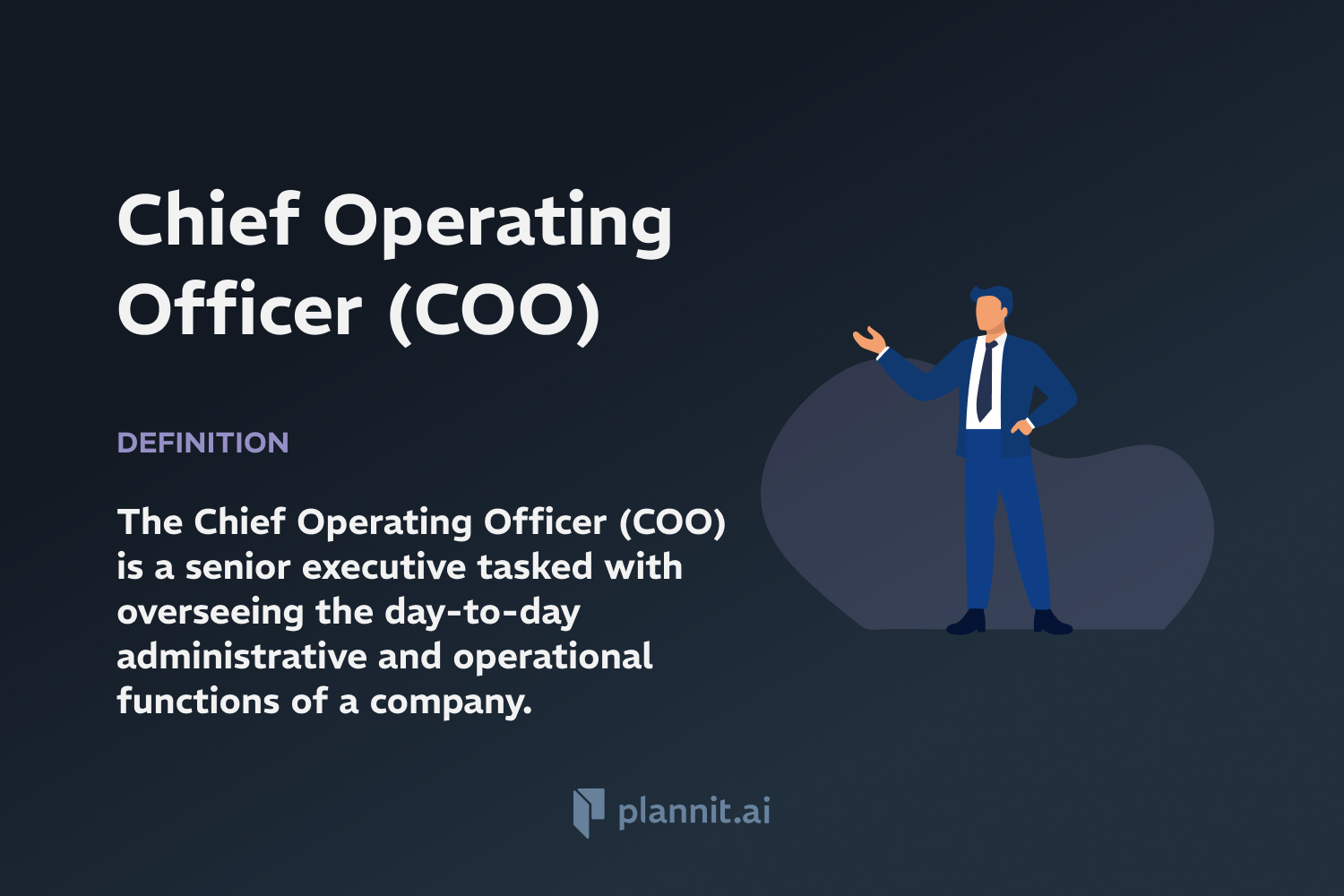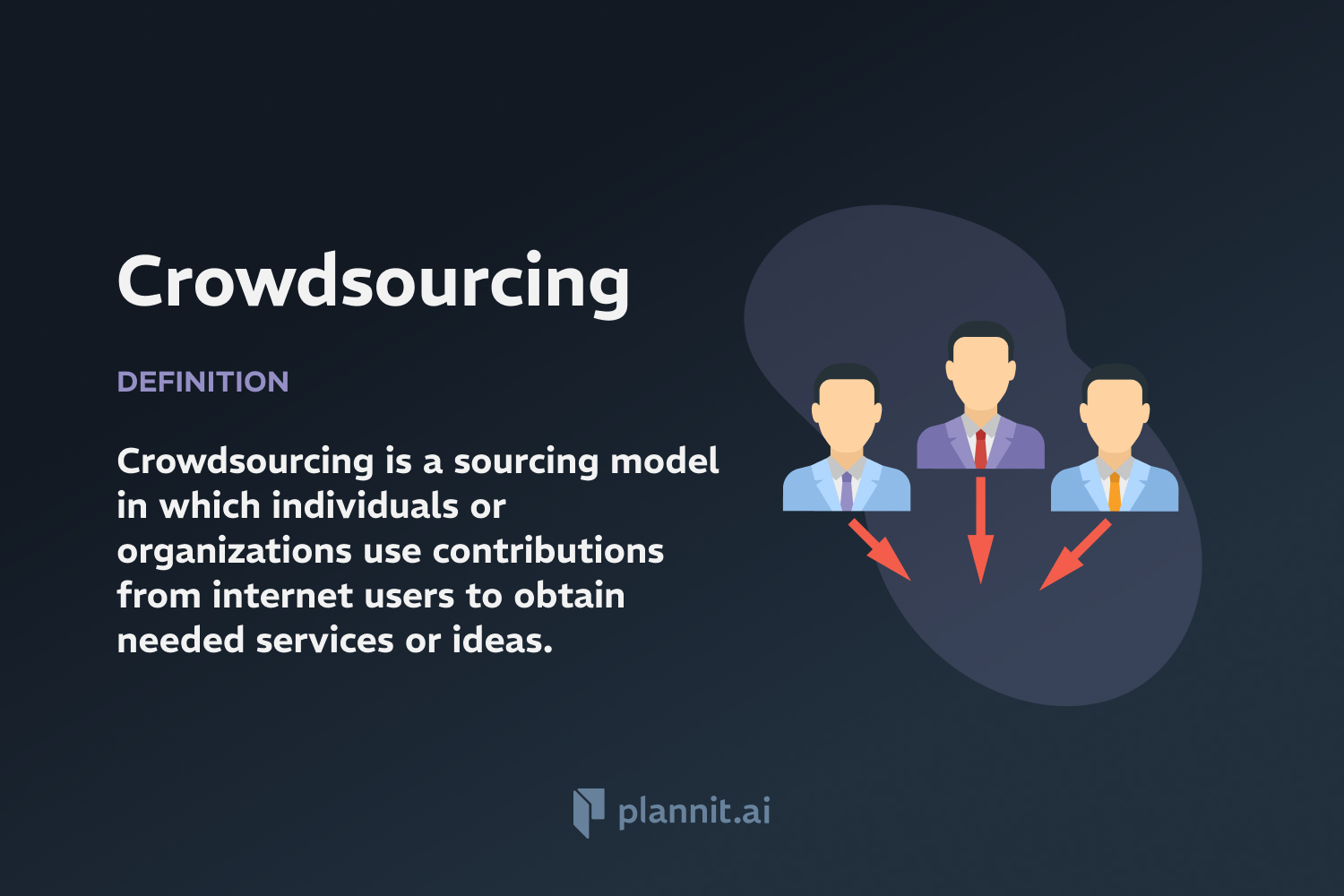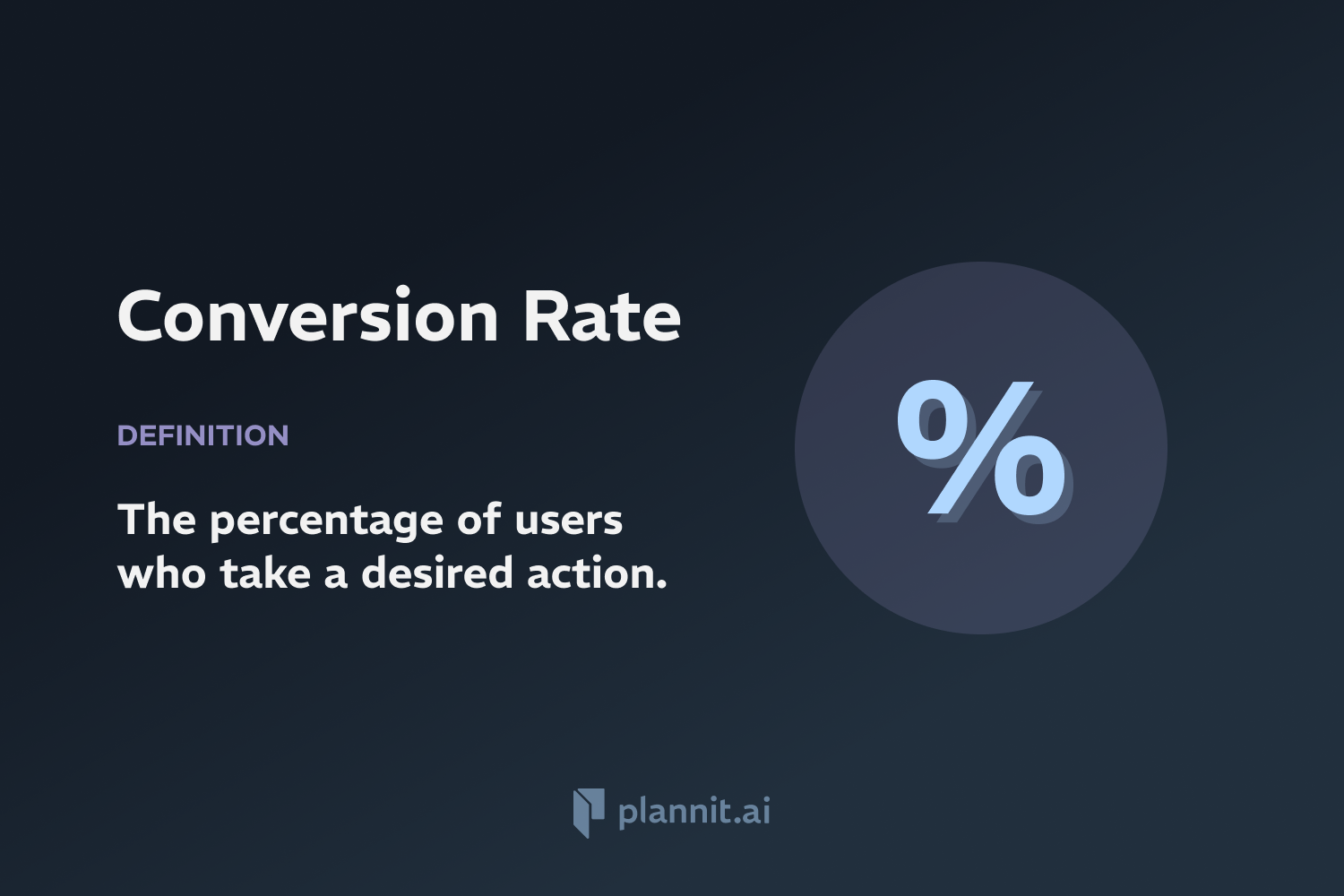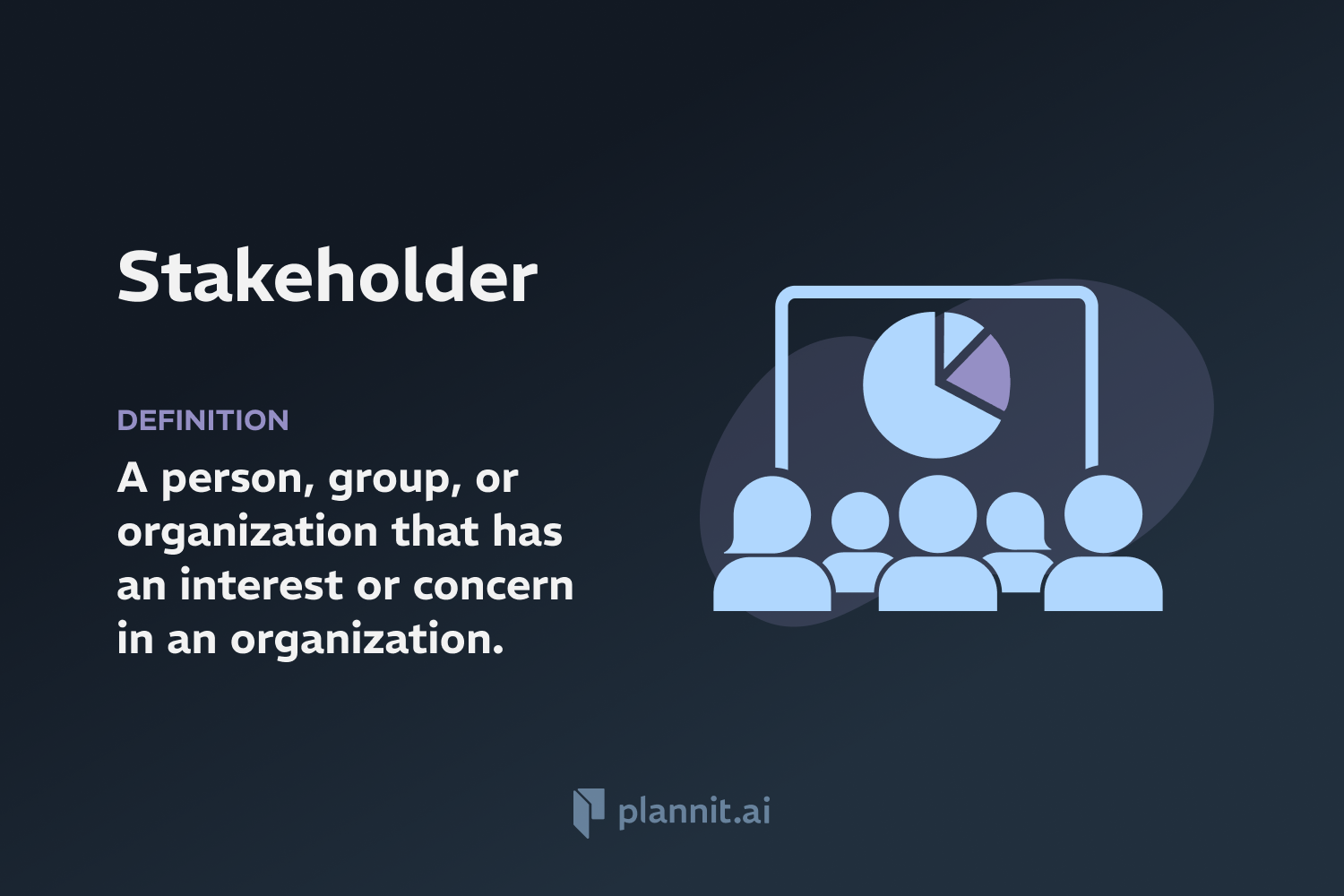Need Help With Your Business Plan?
Answer tailored questions and get a detailed business plan in minutes.
Chief Operating Officer (COO): Definition & In-Depth Explanation

Definition:
Chief Operating Officer (COO) is one of the highest-ranking executive positions in an organization, responsible for managing the day-to-day operations and reporting directly to the Chief Executive Officer (CEO). The COO is often seen as the second-in-command and is responsible for the execution of business strategies.
Context of Use:
The role of the COO is prevalent in various industries and organizations, particularly in larger companies where comprehensive management layers help streamline operations. The COO’s duties can vary significantly depending on the organization's size, industry, and corporate structure.
Purpose:
The primary purpose of the COO is to ensure that a company’s operations run efficiently and effectively, aligning with strategic goals and objectives. The COO handles internal affairs, helps to maintain operational controls, oversees key projects, and communicates policy and strategy to employees.
Example:
Manufacturing Company: In a manufacturing setting, the COO may oversee production operations, ensuring that they meet safety standards and operate at optimal efficiency.
Technology Firm: In a tech company, the COO might focus on project management and product development, driving innovation while managing day-to-day tech operations.
Related Terms:
CEO (Chief Executive Officer): The highest-ranking executive in a company whose responsibilities include making major corporate decisions, managing the overall operations and resources of a company, and acting as the main point of communication between the board of directors and corporate operations.
CFO (Chief Financial Officer): An executive who manages the financial actions of a company, including financial planning, risk management, record-keeping, and financial reporting.
Executive Team: The group of the highest-ranking officers of an organization, who are responsible for managing the company and developing its strategy.
FAQs:
1. What skills are important for a COO to have?
A: Key skills include strategic thinking, strong leadership abilities, effective communication, problem-solving, and proficiency in managing operations and teams.
2. How does a COO differ from a CEO?
A: The COO primarily focuses on day-to-day operations and the implementation of business strategies, while the CEO is responsible for the overall direction, strategy, and vision of the company.
3. Can a company have both a COO and a CEO?
A: Yes, many large organizations have both a COO and a CEO, with the COO handling operational aspects under the CEO’s leadership direction.
4. What are the career paths typically leading to a COO position?
A: Career paths vary but often involve extensive experience in various operational roles or leadership positions within the company or industry.
5. How does the role of a COO evolve in smaller vs. larger companies?
A: In smaller companies, a COO might undertake a broader range of responsibilities, including roles typically reserved for the CEO or CFO, while in larger organizations, the focus is more on specific operational areas and strategic implementation.
Get funding with a business plan that will impress investors.
Starting a New Business?



